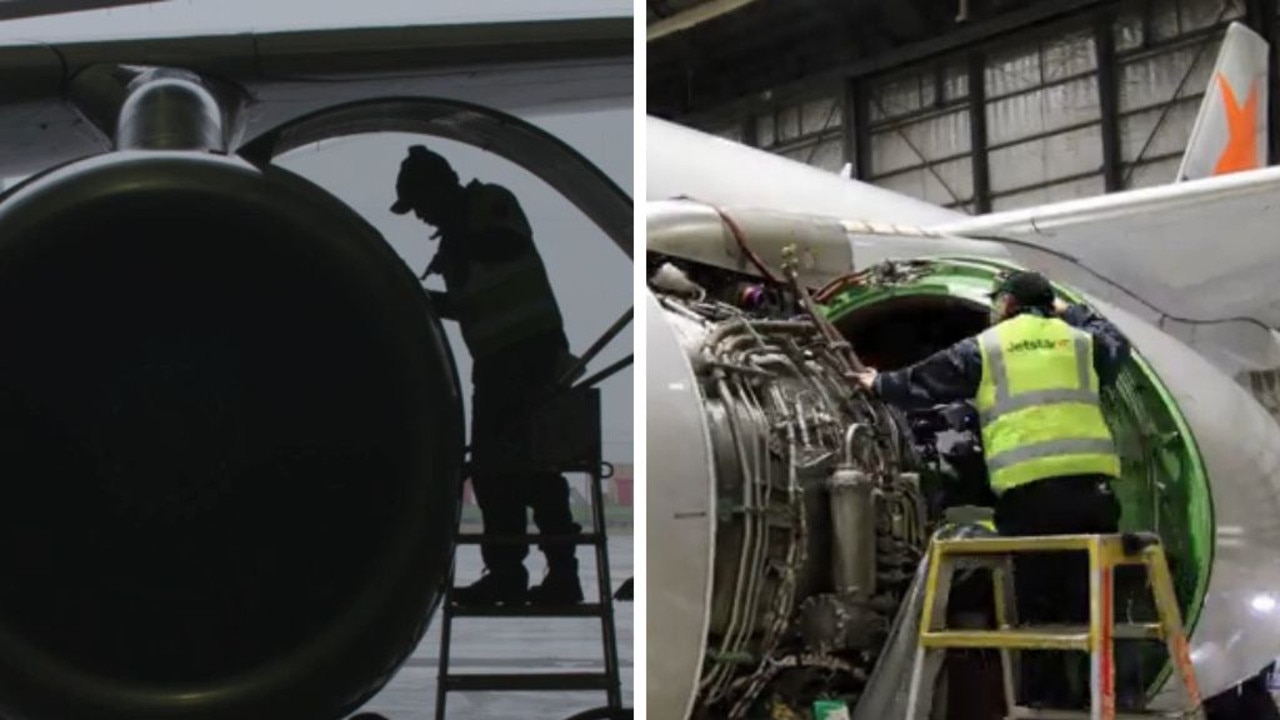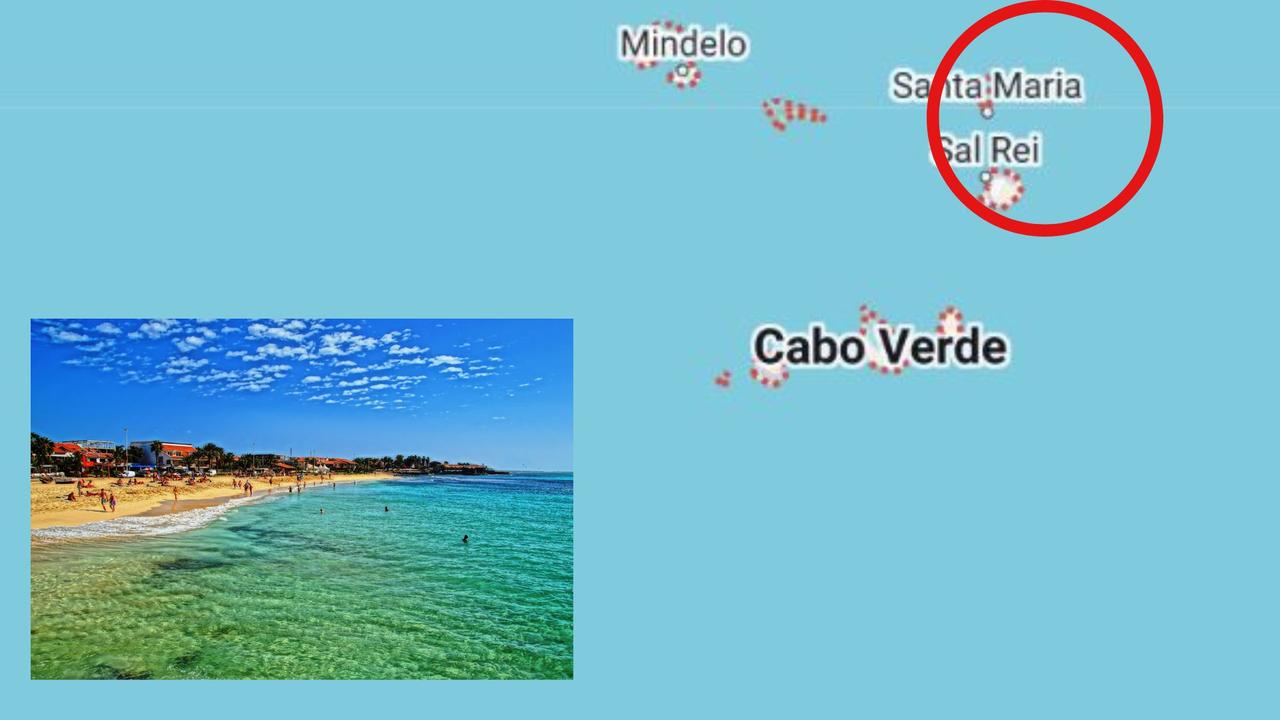Coronavirus: Italy added to Australia’s travel ban
Prime Minster Scott Morrison has announced a new travel ban for Italy, which follows strict rules already in force for other countries.
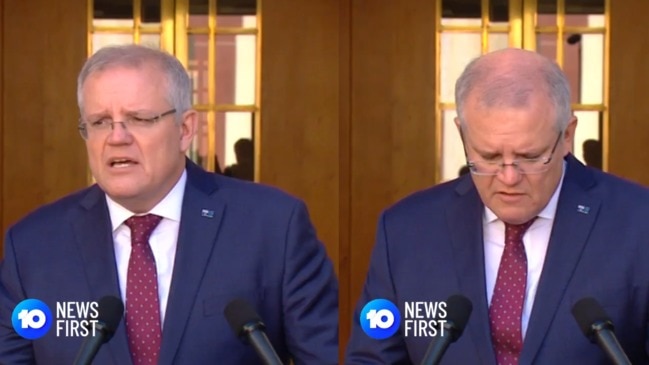
The Federal Government has announced it will be expanding their travel ban to include Italy, following a massive spike in coronavirus cases over the past 48 hours.
The new travel advisory follows a similar ban in place for travellers in China, Iran and parts of South Korea.
The new travel ban for Italy will begin at 6pm tonight.
RELATED: Follow our latest coronavirus coverage here
On Tuesday, Australians were being advised by the Government not to travel to several regions and to reconsider your need to travel to the country as a whole.
“We’ve received advice today regarding Italy,” Prime Minister Morrison said at a press conference.
“And that advice is that as the situation in Italy is now commensurate with the other countries where we previously had travel bans put in place, so we’ll be extending that travel ban to Italy now.
RELATED: How coronavirus will impact your travel plans
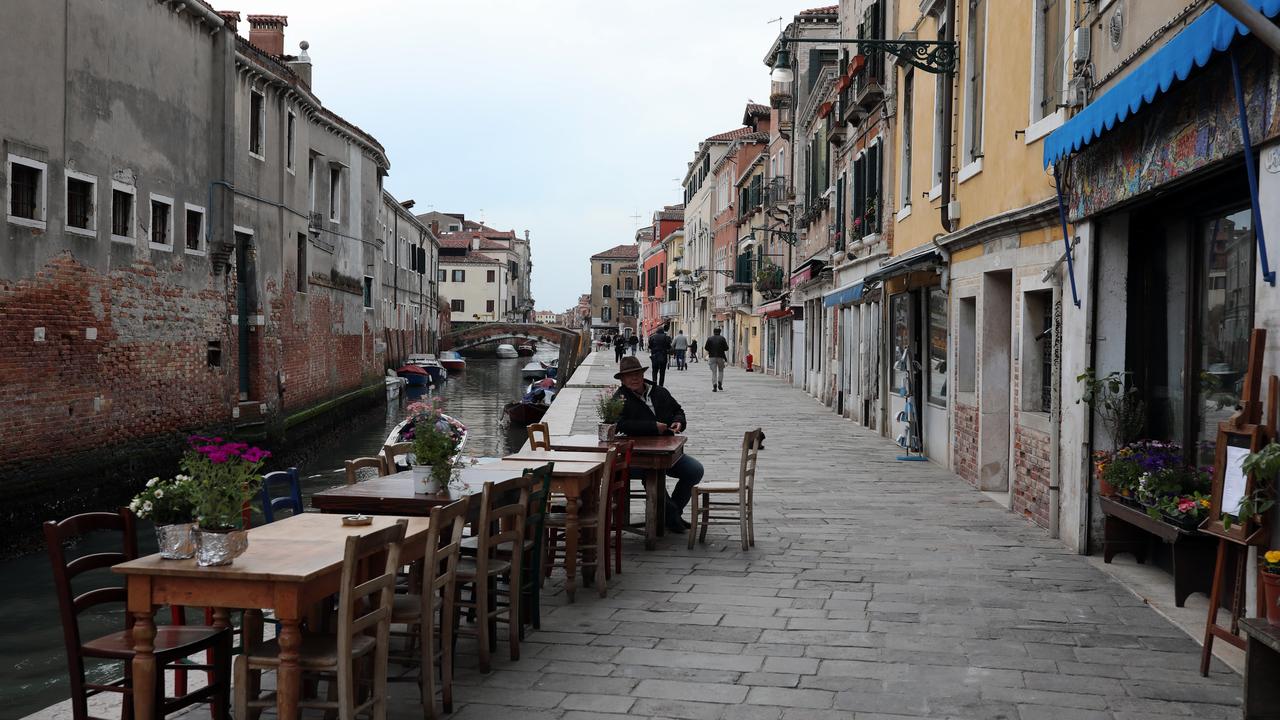
RELATED: How Italy’s lockdown impacts Vatican City
“That ban will come into effect at 6pm this evening. Italy itself has effectively put itself into lockdown with travel now, and this largely closes that loop.”
The Department of Foreign Affairs and Trade said the travel advice for Italy was upgraded to ‘reconsider your need to travel’ (level 3) to Italy overall, and ‘do not travel’ (level 4) to Lombardy and other provinces in the north, which include Milan and Venice.
The ban, like what’s in place for China, Iran and parts of South Koreas, means foreign nationals who have been in one of these places will not be allowed into Australia for 14 days from the time they left those countries.
Australian citizens and permanent residents, however, returning from these countries will be able to enter Australia, but need to isolate themselves for a fortnight.
On Monday, Italy’s Prime Minister Giuseppe Conte announced that he was expanding restrictions on travel to cover the entire country in an unprecedented peacetime move to try to stop the spread of coronavirus. The move was in response to the country’s death toll jumping by 97 in a single day.
He said the new government decree would require the country’s 60 million residents to meet a set of criteria – such as a need to work or health conditions – in order to travel outside of where they live.
WHAT IS THE CURRENT SITUATION IN ITALY?
Across the country, museums and archaeological sites have been closed down, weddings cancelled and even restaurants and cafes have been ordered to close at dusk, meaning they can only be open from 6am to 6pm daily.
Italian officials have ordered ski lifts across the country to close, as the countrywide ban takes hold from Tuesday and will last until April 3, 2020.
All sporting events, including Serie A, the nation’s top soccer league, have also been suspended. Schools and universities will also remain closed as part of the measures, while people have been banned from meeting up for a drink at night.
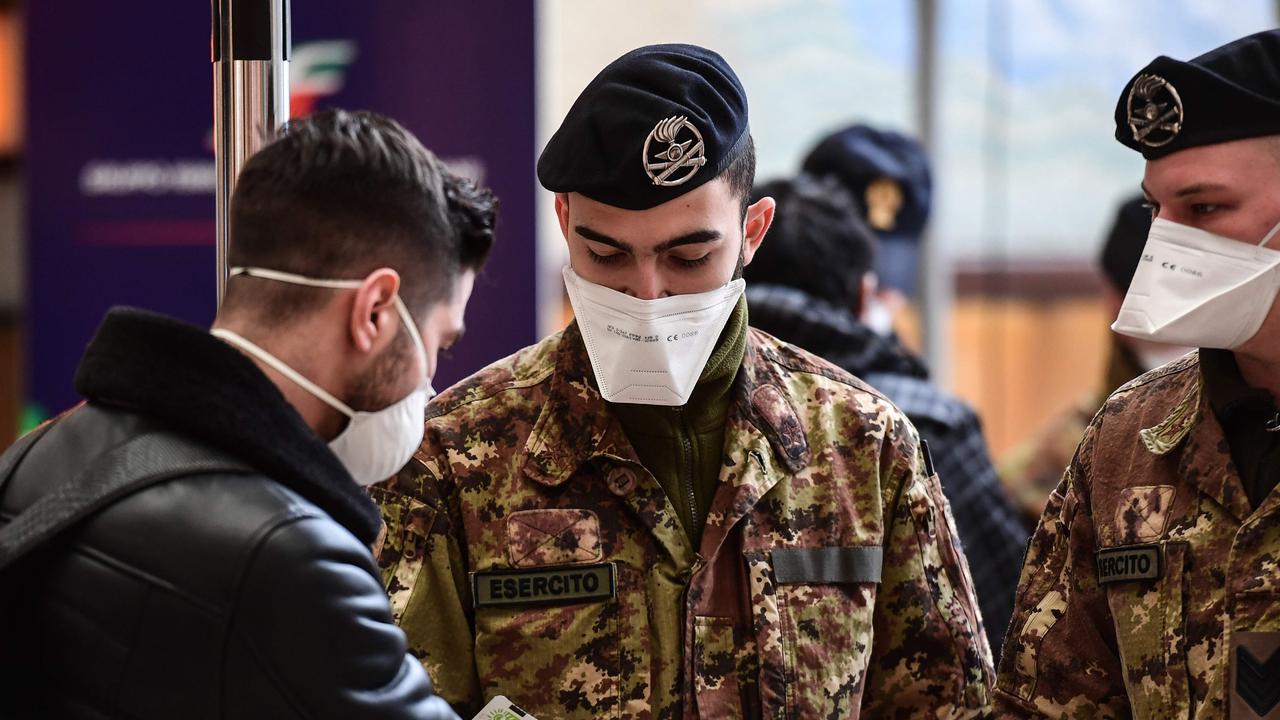
Italy is now one of the worst afflicted globally for the coronavirus. Only China has had more deaths, with the current Italian death toll sitting at 631 people and affected more than 10,000.
The draft decree says those who violate the restrictions could be punished by a fine of 206 euros ($A350) and jailed for up to three months.
The ban includes the closing of museums, gyms, schools, universities and ski resorts.
HOW DOES THE TRAVEL BAN APPLY TO TOURISTS
The Australian government has amended its travel advice to recommend against all but essential travel to Italy.
Similar measures were put in force in the UK overnight, with British Airways now stopping flights to the country.
The Italian lockdown will take a serious toll on tourists, who are unquestionably feeling vulnerable and concerned over their safety in Italy.
Natalie Ball, from comparetravelinsurance.com.au, says since the initial outbreak in Wuhan, the travel advice levels have been raised for six countries, including Italy with the highest advisory possible..
“Australians, particularly those with underlying health concerns, should reconsider travelling to Italy at this time,” she advised.
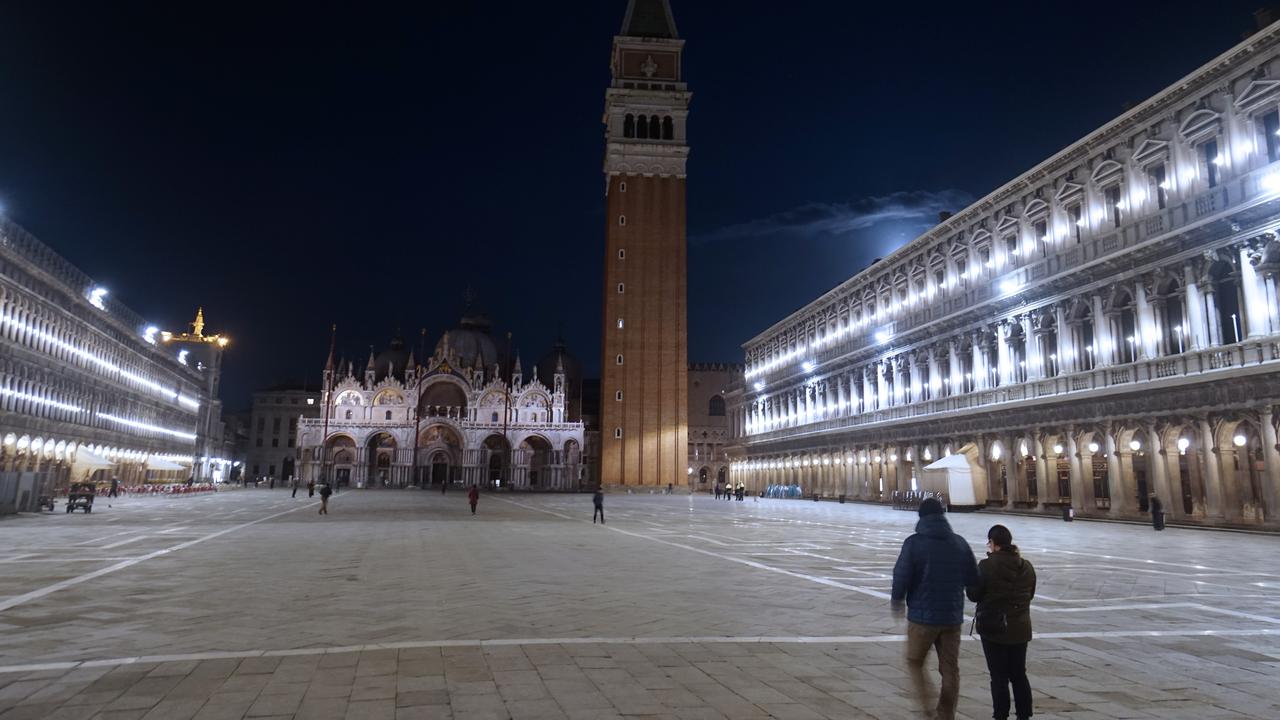
“With the international travel scene thrown into chaos, there are a fair number of Aussies trying to make decisions on where to travel right now. There are currently some clearer-cut situations in which travelling abroad is not advisable and rescheduling or cancelling makes sense.
“The first thing travellers should do is check to see if where you will be going has any raised travel advisories with smarttraveller.com.au.
“If you’re unsure about any upcoming travel plans, do your due diligence and check your insurer’s fine print to ensure what’s covered under your policy.
“See if you can postpone any travel dates and invest in refundable, flexible tickets. And always check DFAT’s travel advisories before moving forward.
Ms Ball says travellers may be able to recoup costs through their bank or credit card via a chargeback if not provided with services paid for.
“As the situation is constantly evolving, it’s a good idea when making new travel bookings to be prepared for change and stick with airlines that have more flexible cancellation and change policies.”


